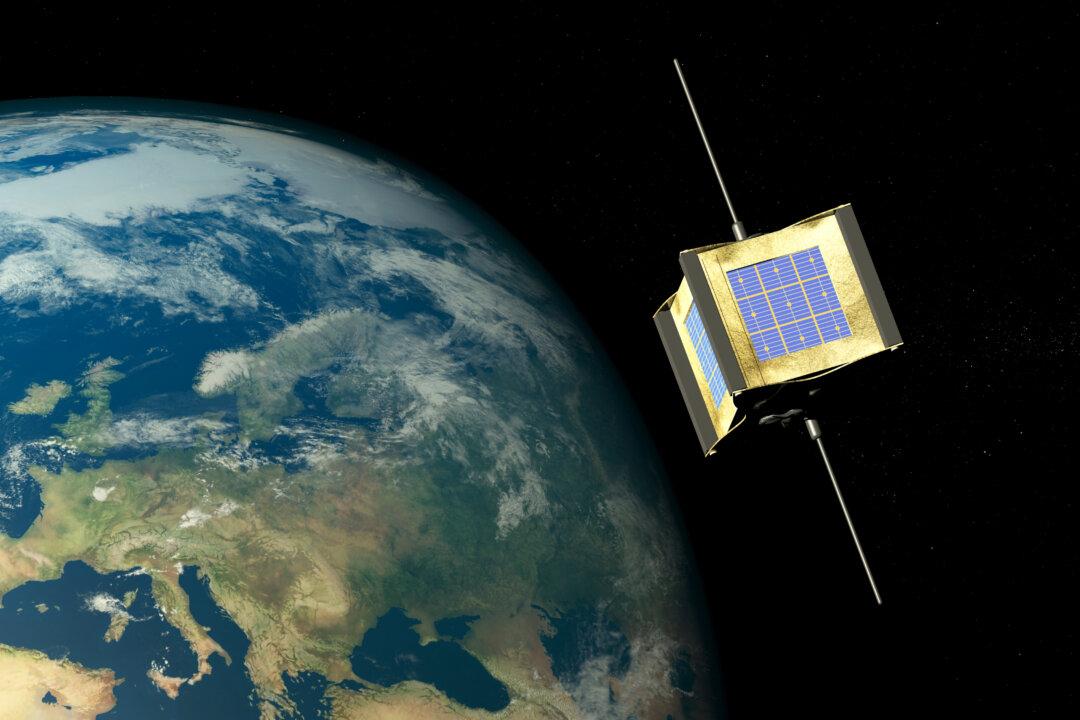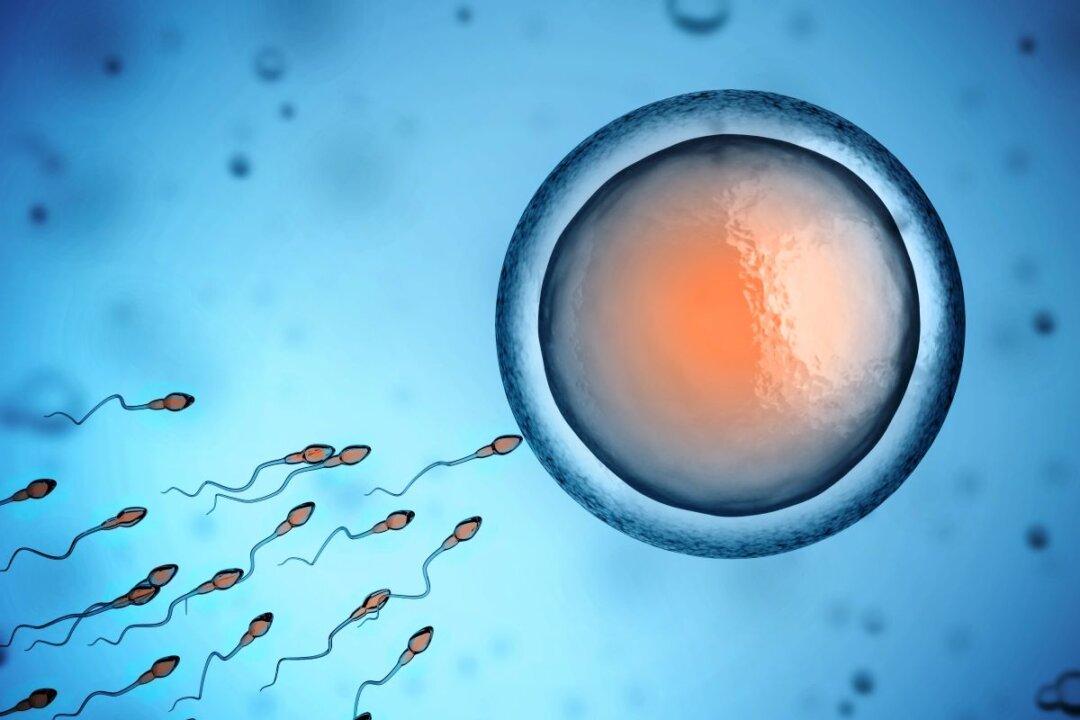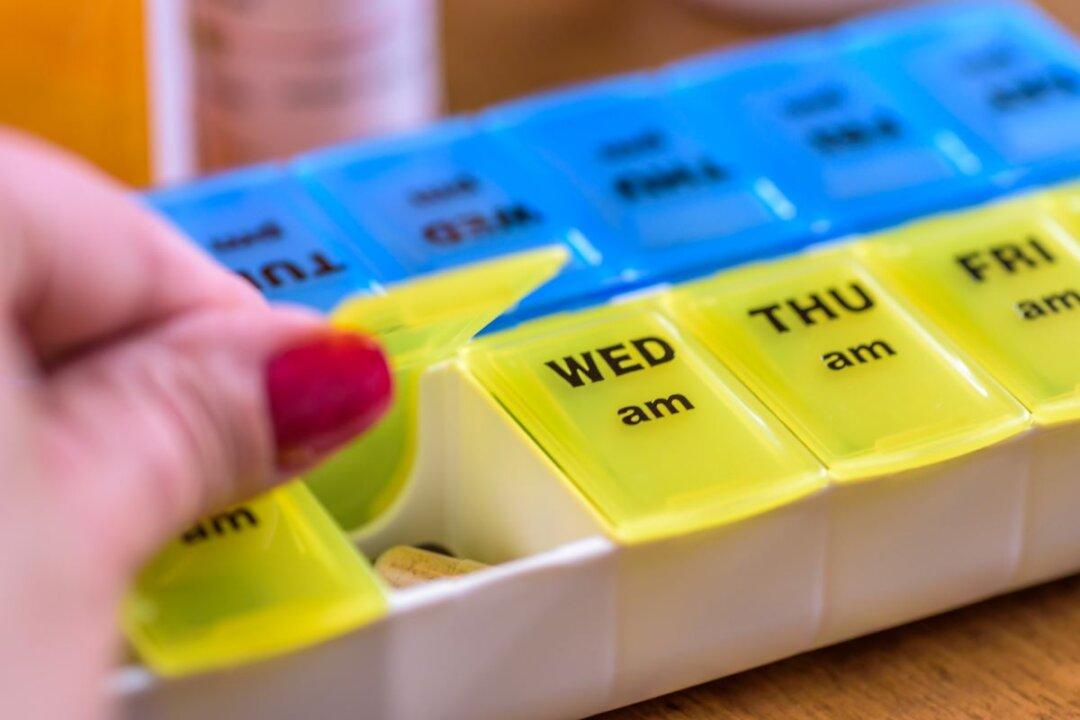The Western Australian (WA) government has committed $6.5 million (US$4.9 million) in the upcoming State Budget to further develop the state’s ambitious space program.
WA Science Minister Roger Cook said in a release on Thursday that as part of “Diversify WA,” the state government’s economic development framework space is one of the nine sectors targeted.





